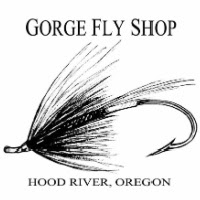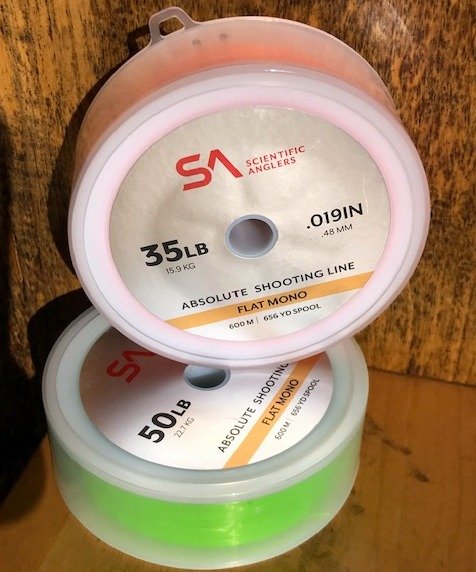Well, I have never heard so many anglers say so many
different things about the clarity of the Deschutes . As soon as I got off the river last Friday, I
heard that it was everything from “completely blown” to “ehh, two to three
feet”. My most reliable sources were all
saying something about a couple of feet of visibility all week, which is what I
saw when I left it last. Fishing sink
tips and larger, dark flies was the ticket, and those that did were
rewarded. Those that looked at the river
and went home did about as well as those guys using a floating line and a #8
coachman… not good.
As the rain starts to come down for the first time in six
months or so, I doubt that the early part of the week will provide us with any
better clarity on the lower Deschutes or the
Klickitat… It will be a “wait and see
game” as we see how much rain hit any certain river basin and how much the
rivers are affected. We will update as the rains progress. .
I fished the Klickitat this last Friday. The water was 18” of clarity at the beginning
of the day, slowly but steadily decreasing until we took off in the
evening. At the takeout, the clarity was
less than a foot. In less than a foot of
visibility I was watching many, many trout rise to size 18 black flies with no
concern for the apparent lack of visibility that kept everyone else at
home. If a (many) ten inch trout can see
a size #18 dry fly from the bottom of the river, then a steelhead will
absolutely have no problem seeing a three inch black bunny leech. We did not get any hookups, but we did get a
few solid grabs and felt good about the water we fished. Talking with several guides that day, fishing
was off that day. Most attributed it
with the front moving in instead of the clarity. Travis Wallace of Western Waters Guides said
he had been doing well last week with clarity fluctuating between a foot and
18”.
The Deschutes above the White River
confluence should remain in great shape despite potentially heavy rains this week. There are definitely steelhead up above the
White, although the bulk of the fish typically do not make it up that far until
October. The Klickitat will probably be
unfishable for the first part of the week.
Unfishable is whatever you make of it, but I don’t usually spend a full day fishing in less than eight inches of
visibility.
The correct way to test visibility (turbidity) is to use a
Secchi Disk (google it). I do not have
one, so the way I test visibility is to stick my rod/reel in the water and
carefully watch for when I lose track of the reel or line. I then measure the distance from where the
rod entered the water to the top of the reel.
8” is where my cork enters the water, so if I can’t see my reel when the
cork is at the water’s surface, I will likely not put in a full day’s
effort. I will still fish hard because I
am on the river and I love fishing. I
have never driven to the river and then turned around and driven home. I could only see doing that if the river was
approaching flood stage…
The chances of catching a steelhead in perfect conditions
are not that great, but the chances of catching one in less than ideal
conditions are not that bad, so get out and fish if you feel like fishing as
long as it is safe to be in the water because the chances of catching one from
your couch are zero.
Trout fishing has been good.
The Crooked has been a little
off, but producing fish nonetheless. The
Metolius has been good, as fish seem
to be more willing to take a good, sneaky presentation than usual. The upper part of the Deschutes (above Lake Billy
Chinook) has been really good with terrestrials. The upper part of the Lower Deschutes (below Pelton Dam) has been fishing less
consistently; it has definitely been more hit and miss this last week for
trout. One guy comes in and says he had
a great day while another comes in and says it was terrible. It just goes to show that a “good” day of
fishing is what you make of it. The McKenzie River
Lost Lake is
still fishing very well, and trout have been coming up to the surface early and
late to eat Callibaetis, Grasshoppers and Carpenter Ants, as well as just about
anything else including beetles, damselflies and maybe some early caddis. Pull a woolly bugger deep and slow on a
sinking line during the day for your best shot at good numbers of fish.
As always, we are happy to talk fishing any time. Give us a call if you have any specific
questions on local rivers, gear, and tactics, or if you just want some
encouragement to get out of the office.
"Fly Fish the World with Us"
























Turbidity meter (google it).
ReplyDelete